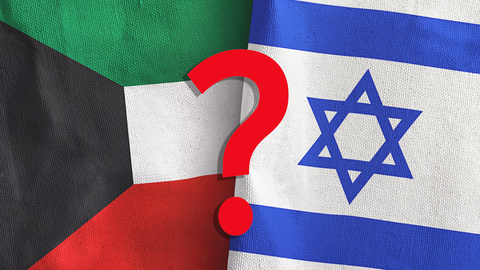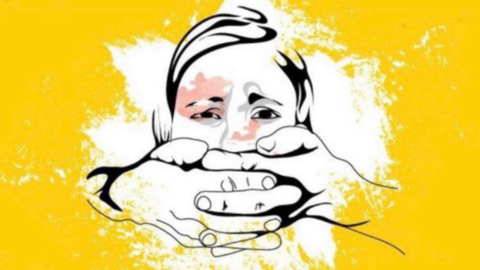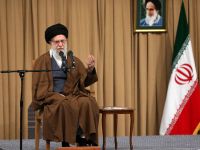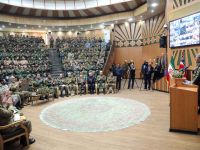Even though Kuwait has for long been recognized as the country with the best record of press and speech freedom amongst GCC states, the recent arrest of well-known poet Jamal Al-Sayer has stirred online discussions over whether Kuwaiti freedoms are deteriorating or not.
#Kuwait: Poet Jamal Al-Sayer is subjected to arbitrary arresthttps://t.co/RJNLfzbiaD pic.twitter.com/tlnxw4Dl7H
— GC4HR (@GulfCentre4HR) July 6, 2021
According to his lawyer, Jamal Al-Sayer was arrested from his house on the 5th of July following tweets he posted, in which he generally criticized the current political environment in the country, and denounced corruption in Kuwait.
Al-Sayer is now facing charges connected to insulting the Emir's personality, even though his tweets had mentioned "leaders" in general without naming the head of the state.
Online, people expressed their worry that Kuwait's freedoms are in danger as increasing scrutiny is being practiced against the country's outspoken voices. Using the hashtag #الحرية_لجمال_الساير (Freedom for Jamal Al-Sayer), social media users called for his release.
في 5 يونيو الجاري،اعتقلت السلطات الكويتية الشاعر #جمال_الساير بذريعة المساس بأمن الدولة بعد إثارته لما قال إنه فساد تعاني منه الدولة. نطالب السلطات بالإفراج عنه،واحترام الحق في حرية الرأي والتعبير ضمن الحدود المكفولة قانونًا سواء على المستوى المحلي أو الدولي.#الحرية_لجمال_الساير pic.twitter.com/fXfCBIuHUE
— Euro Med Monitor in Gulf (@euromedgulf) July 7, 2021
Translation: "On June 5, the Kuwaiti authorities arrested the poet Jamal Al-Saye under the pretext of compromising the security of the state, in response to his comments over what he described as corruption that the state suffers from. We call on the authorities to release him, and to respect the right to freedom of opinion and expression within the limits guaranteed by law, whether at the local or international level."
Moreover, international human rights organizations have condemned the arrest of Al-Sayer, called for his immediate release, and expressed hopes that Kuwaiti authorities show better tolerance to local critics of its policies.









